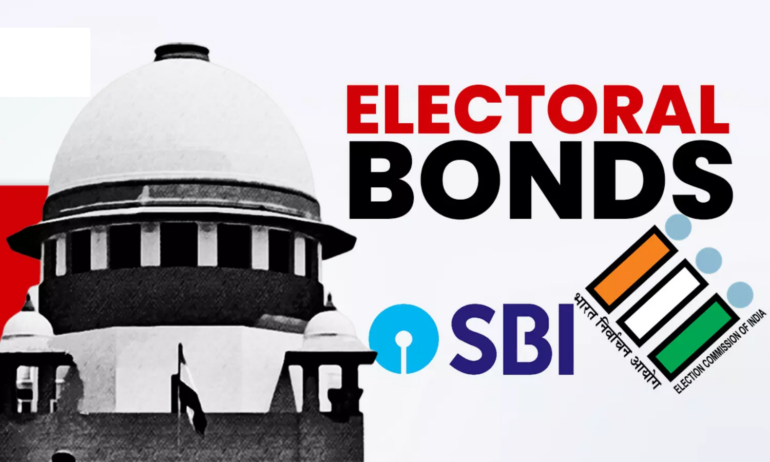In a recent video interview, Dr. Anand Ranganathan delved into the complexities and controversies surrounding the use of electoral bonds in Indian politics. He acknowledged the inherent corruption within the system and highlighted the hypocrisy among political parties.
Ranganathan praised the Communist Party of India (Marxist) for not taking money through electoral bonds, stating, “There might be hundreds of things that are wrong with the communists, but here they stood for their principles, and I applaud that.” He criticized other major political parties, like the Bharatiya Janata Party (BJP) and Congress, for engaging in corrupt practices while also condemning those same practices. “If somebody has committed 10 murders, versus somebody has committed one murder, murder is murder. How can you be a hypocrite and say BJP is committing a scam, but then how are you taking money through the same scam?” he remarked.
Ranganathan advocated for transparency in political funding. He explained that while electoral bonds could be a good concept, their anonymity allows for corruption. He cited past practices where political donations were openly discussed, contrasting with the current lack of transparency. “In the 60s, things were so transparent,” he noted, adding that this openness helped voters understand which companies were funding which political parties.
The interview also touched on a controversial Supreme Court ruling that mandated the retrospective naming of companies that provided funding through electoral bonds. Ranganathan criticized this decision, saying it was “unlawful and illegal.” He argued that companies made these donations under the assumption their names would not be publicly revealed, and the court’s ruling contradicted that expectation. “Laws are meant to be broken. In our country, laws are meant to be broken,” he concluded.
Dr. Ranganathan’s insights shed light on the ongoing debate about electoral bonds and the need for greater transparency and accountability in political funding in India.





